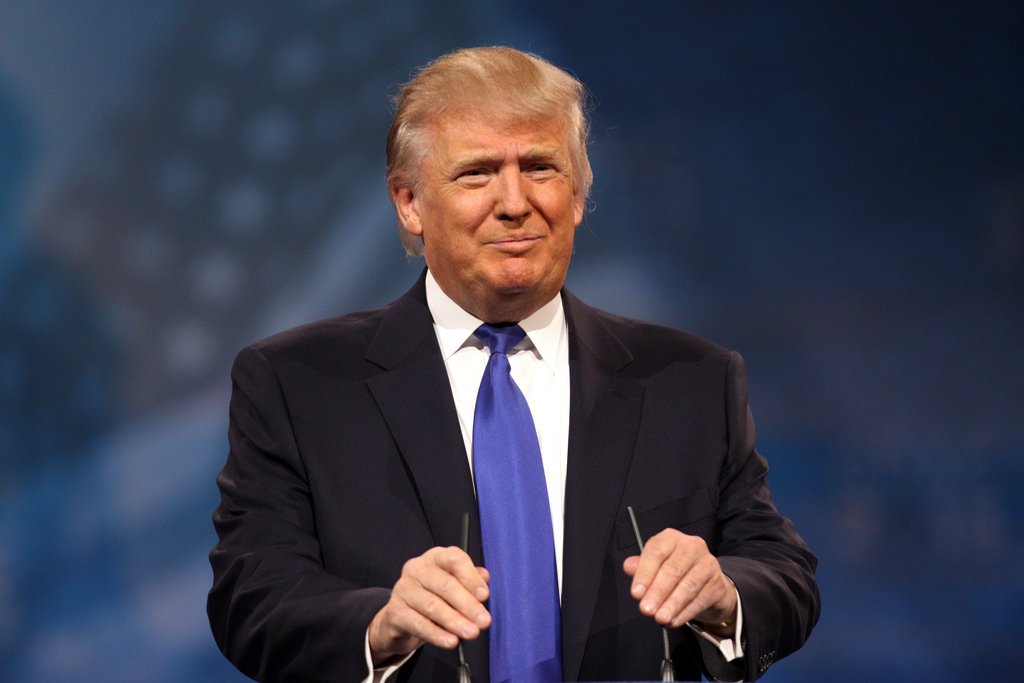Hawaii federal Judge Derrick Watson has indefinitely extended the suspension of President Donald Trump’s revised travel ban.
The judge’s ruling means President Trump will be barred from enforcing the ban on six mostly Muslim nations while it is contested in court.
In a lawsuit, the state of Hawaii says the ban would harm tourism and the ability to recruit foreign students and workers.
Donald Trump says his revised travel ban seeks to prevent terrorists from entering the US.
Judge Derrick Watson made the ruling on March 29 after hearing arguments from attorneys for the state of Hawaii and the DoJ.

The judge turned his earlier temporary restraining order into a preliminary injunction that would have a more lasting effect.
President Trump’s executive order on March 6 would have placed a 90-day ban on people from Iran, Libya, Somalia, Sudan and Yemen and a 120-day ban on refugees.
An earlier version of the order, issued in January, sparked confusion and protests, and was blocked by a judge in Seattle.
Other courts across the US have issued different rulings on President Trump’s revised ban, with a judge in Maryland halting a part of the ban earlier this month.
Donald Trump has complained of “unprecedented judicial overreach”, pledging to take the case “as far as it needs to go”.
An appeal against the Hawaii decision would be expected to go next to the Ninth Circuit Court of Appeals – the same court which in February said it would not block a ruling by a Seattle court to halt the original travel ban.
Under the revised order, citizens of six countries on the original January 27 order – Iran, Libya, Syria, Somalia, Sudan and Yemen – would once more be subject to a 90-day travel ban.
Iraq was removed from the list because its government had boosted visa screening and data sharing, White House officials said.
President Trump’s revised order also lifts an indefinite ban on all Syrian refugees and says Green Card holders (legal permanent residents of the US) from the named countries will not be affected.
